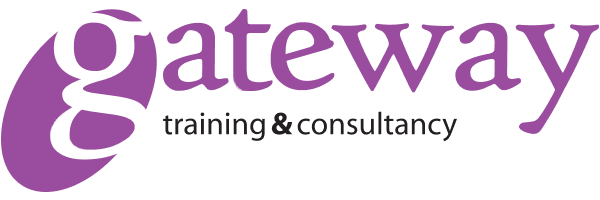Course Outline
2. Principles of Safe Medication Management
• The “6 Rs” (Right child, Right medicine, Right dose, Right time, Right route, Right to refuse)
• Staff roles & responsibilities
• Consent, capacity and best interest decisions (including MCA principles for young people 16+)
• Duty of care and safeguarding considerations
3. Medication in the Context of Learning Disabilities & Autism
• Commonly prescribed medications (e.g. antipsychotics, ADHD medication, anticonvulsants, sleep aids, PRN meds)
• Why children with LD/autism may be prescribed medication• Challenges: communication barriers, sensory sensitivities, resistance/refusal, swallowing difficulties
• Supporting children with understanding, reassurance, and reasonable adjustments
4. Safe Handling & Administration
• Storage requirements (locked cabinets, refrigeration, separation of PRN/controlled drugs)
• Checking and preparing medication
• Administration procedures (oral, topical, liquid vs tablets, controlled drugs)
• Record-keeping: MAR charts, error reporting, incident escalation
• Disposal procedures for unused/expired medication
5. PRN (“as required”) Medication
• Definition and when appropriate
• Authorisation and protocols
• Recording rationale for administration and monitoring effectiveness
• Avoiding over-medication (STOMP-LD principles – Stop Over-Medication of People with a Learning
Disability/Autism)
• Real-world scenarios: When to give/not give PRN
6. Medication Errors & Learning Culture
• Types of medication errors (omission, incorrect dose, wrong child, timing errors, documentation errors)
• Common causes in children’s residential settings
• Reporting and escalation procedures
• Building a no-blame, learning culture
• Reflection on personal practice
7. Partnership Working & Advocacy
• Working with parents, carers, GPs, pharmacies, and CAMHS
• Advocating for children – ensuring medication is regularly reviewed
• Encouraging children’s involvement in their own health decisions (where possible)
Course references - This course will refer where relevant to organisational policy and the following standards:-
Professional Guidance on the safe and secure handling of medicine - Royal Pharmaceutical Society December 2018
(updated 2024)
BNF Publications
This course meets the Children’s Home Quality Standards as outlined in The Children’s Homes Regulations (England) 2015
and Children’s Homes Quality Standards 2015
SOCIAL CARE, ENGLAND CHILDREN AND YOUNG PERSONS, ENGLAND - The Children’s Homes Regulations 2001
Organisation policy

